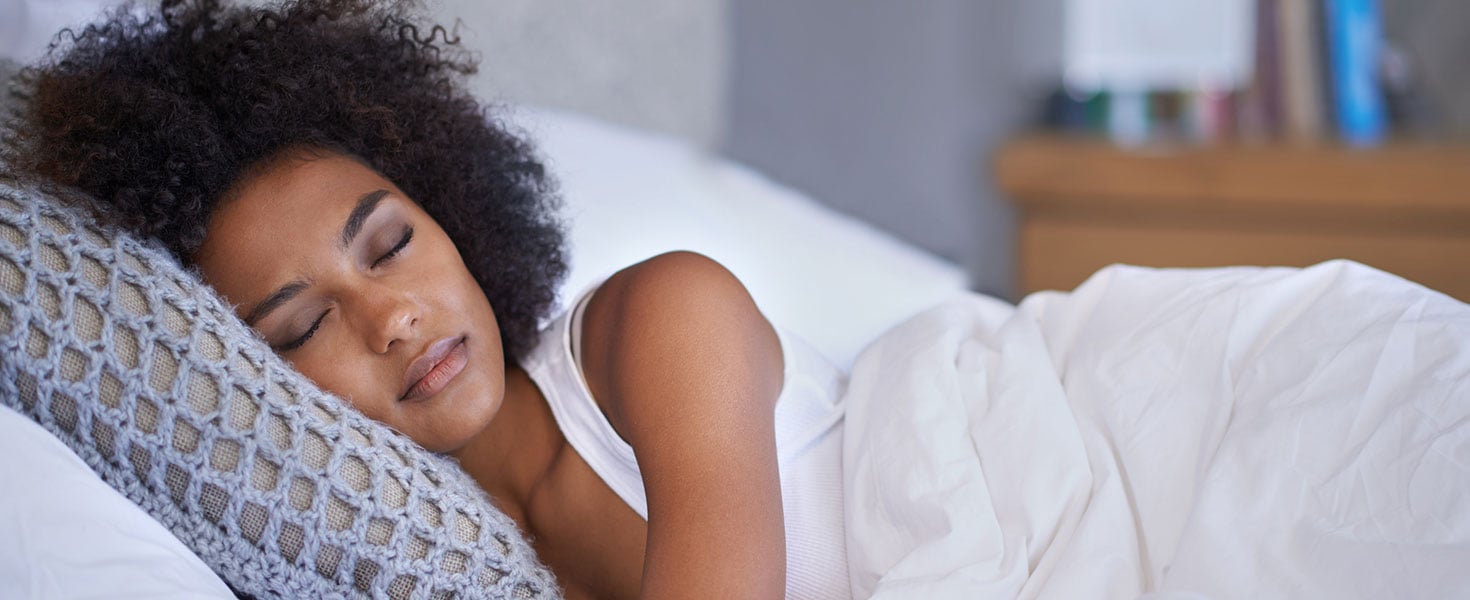

Did you get enough sleep last night? If you’re like nearly half of Americans, you’re regularly sleepy during waking hours. This obvious sign of insufficient shut-eye is not exclusive to adults. Nearly 58 percent of middle schoolers and 73 percent of high schoolers do not get the recommended amount of sleep for their age, according to a Centers for Disease Control and Prevention survey.
The good news: You can make small shifts to inspire better sleep for you and any younger generations living under your roof. Developing good sleep hygiene, which takes into consideration your habits and sleep environment, will tee everyone in the home up for more alert days and better overall health (as poor sleep has been linked to chronic diseases and conditions such as heart disease, diabetes, and depression).
Don’t sleep on these tips to catch better ZZZs.
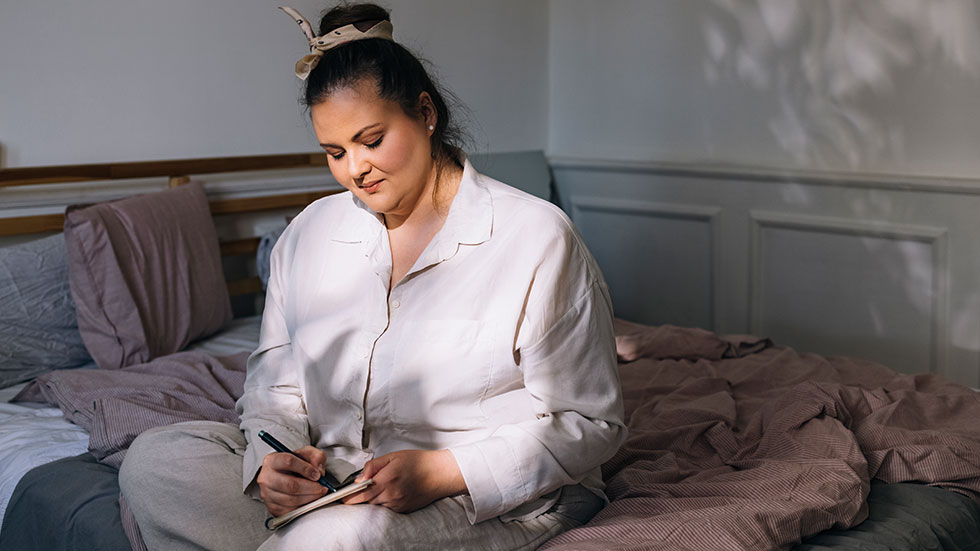
Create a schedule that prioritizes sleep
Treat sleep with the same seriousness and loving discipline that you would diet and exercise. A simple way to do this is to go to bed at the same time each night and introduce a 20- to 30-minute “wind down” period before bed -- ideally, a calm time that involves no screens and prepares the body and mind for sleep.
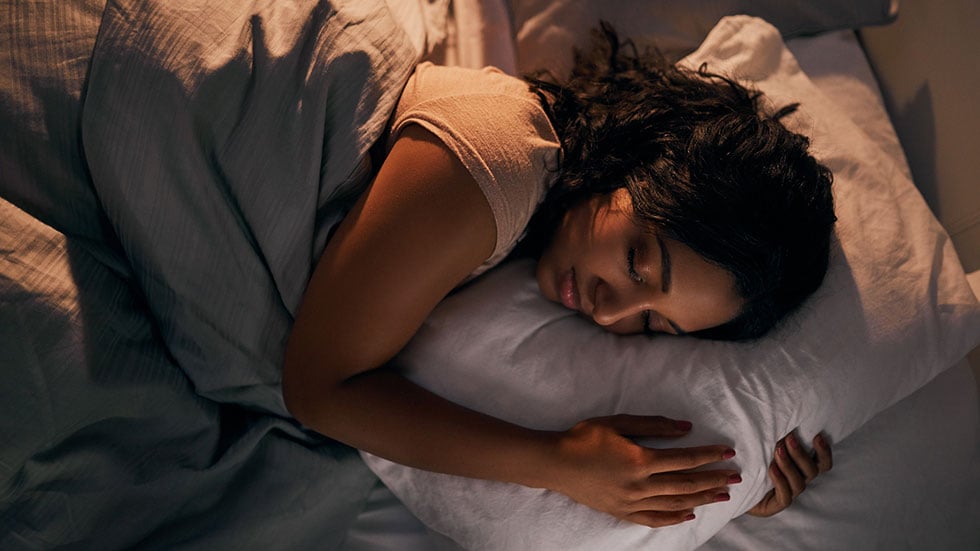
Make your bedroom a sanctuary for sleep
Set the mood by creating a welcoming environment for sleep.
Choose the right mattress and pillow.
Invest in what will best support your body for, ideally, a minimum of 7 hours of sleep each night. Take this sleep quiz from the Sleep Foundation to determine which type of mattress is best for you.
Have clean bedding.
It’s simple. Nobody likes to sleep in dirty sheets. Treat yourself to comfy linens, and keep them routinely laundered. Make the bed a desirable place to be.
Create a dark bedroom.
Whether you sleep during the night or day (we got you, nightshift workers), blackout curtains can be a critical component in getting deep, restorative sleep. Quality blackout curtains will block out any bit of light, from bright streetlights to sunlight, to create a sleep oasis. The Sleepout Curtain is particularly useful in that it’s quick to install and portable, which makes it ideal for traveling, too.
Make the bedroom quiet-ish.
Unless you’re one of those lucky people who can sleep through anything, the ambient sounds of a city or a noisy household can disrupt restful sleep. Sound machines help to block this sound, lulling you to sleep instead with soothing sounds of nature, music, and more. The T&M + SNOOZ White Noise Machine and the SNOOZ Go, which is portable, are among the most recommended by sleep experts.
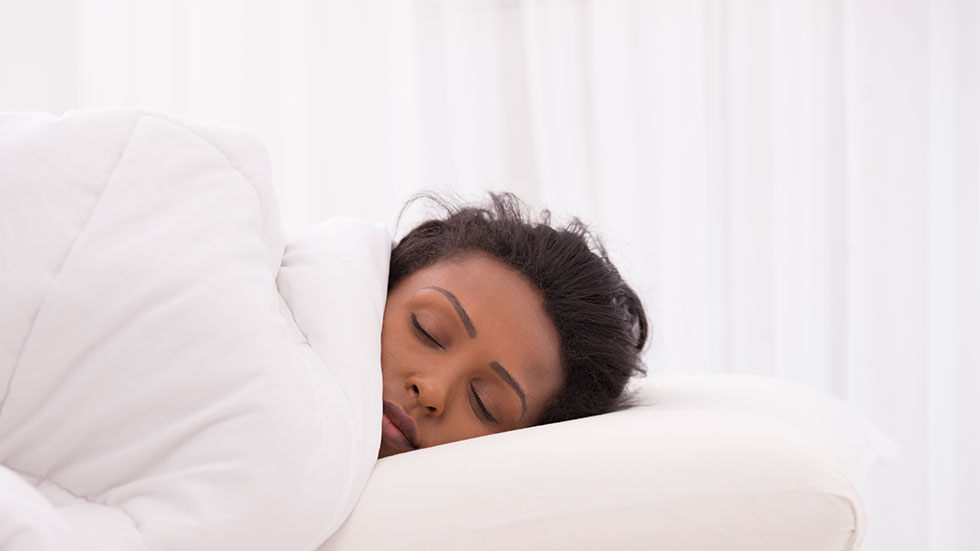
Set a comfortable temperature.
Most doctors recommend keeps the thermostat set between 60 to 67 degrees Fahrenheit for the best sleep.
Unplug from electronics.
One of the biggest thieves of sleep: screens. Televisions, computers, and smartphones can morph into time-wasters at bedtime. Plus, the blue light they emit messes with your sleep. Turn off all electronics before the “wind down” period ahead of bedtime. Also consider investing in an alarm clock for the bedroom and charging your phone in another room. (Read: Out of sight, out of mind.) If the phone must be in the bedroom, however, at least turn it on Airplane Mode or Do Not Disturb at a set time each night, so that you won’t be tempted to retrieve it each time it lights up with an alert.
Diffuse pleasant aromas.
Research has shown that smell can affect sleep. Essential oils such as lavender and rose can help to calm the nervous system to promote better sleep, but it’s worth experimenting with scents that resonate best with you. Diffuse oils just before bedtime in the URPOWER Aroma Essential Oil Diffuser—and breathe your way to better sleep.
Wrap yourself in a weighted blanket.
The hugging sensation and gentle pressure of these blankets are specifically designed to help to relax and calm the body, soothing you to slip into slumber more easily. A good rule of thumb: choose a weighted blanket that is no more than 10 percent of your own body weight. Baloo and Brooklinen make weighted blankets and comforters that are recommended by sleep experts.
Avoid evening caffeine and alcohol
Stimulants that come from consuming coffee and alcohol tamper with sleep, especially when sipped closer to bedtime. Consider changing your nighttime libation ritual by drinking non-caffeinated tea or water instead.
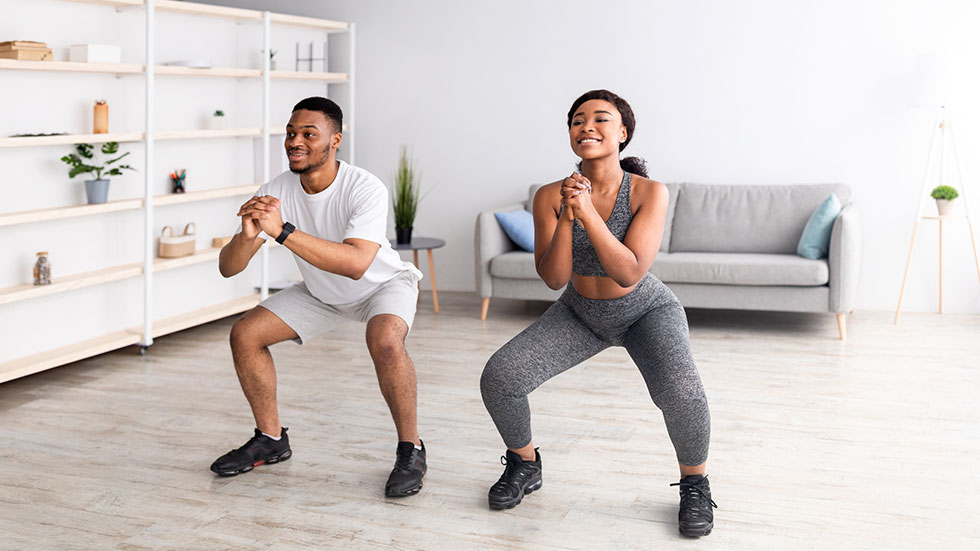
Exercise
It’s not only great for your mind and body—but it can help you get a good night’s sleep, too. Extensive research shows that routine exercise helps people fall asleep quicker and improves their sleep quality. The “best” time of day to exercise is unique to each person, however, so it’s worth experimenting to see what works with your internal rhythm. Long story short: exercise and good sleep go hand in hand.

Experiment with meditation apps
Apps such as Calm (subscription-based) and Insight Timer (free) have a variety of sleep-specific guided meditations and musical soundscapes that can help you make the transition from awake…to blissfully rested. Play around with the collection to find the teacher or soundscape that best serves you.
Consult a physician
See a doctor (primary care or sleep specialist) if poor sleep is taking a toll on your quality of life and isn’t being aided by simple changes in your habits or environment. Only a medical professional can diagnose sleep disorders that may require additional interventions.
Check out the CDC’s Sleep Page for more information on how much sleep you should be getting and more recommendations on how to achieve it.
